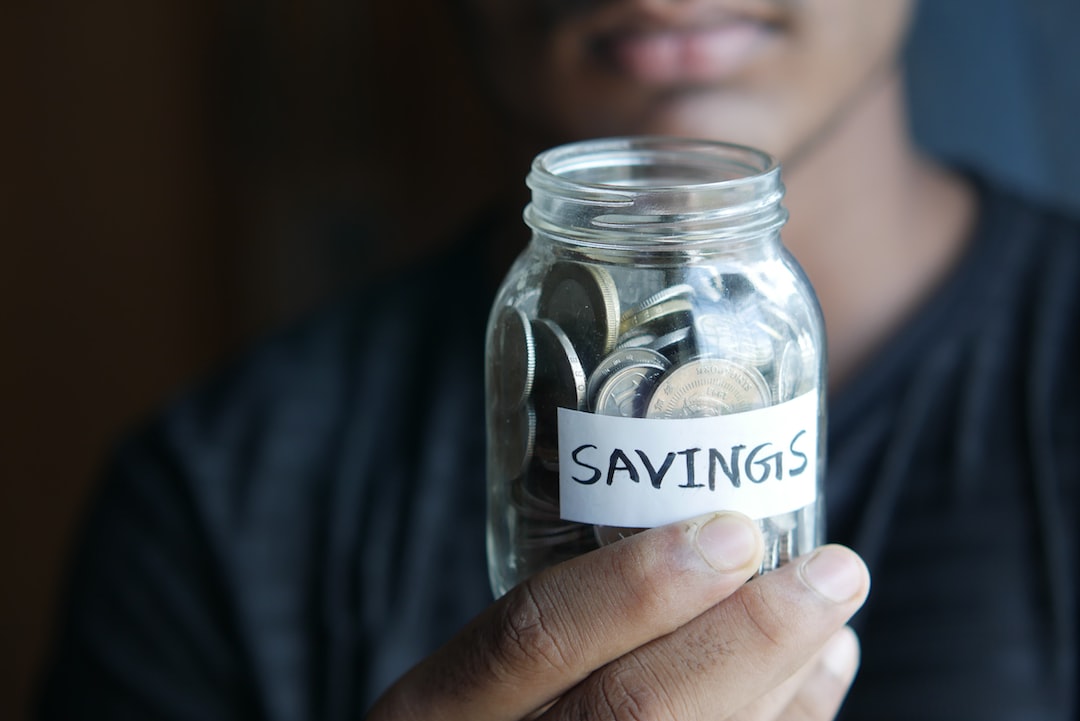The Importance of Having an Emergency Fund: How to Start Saving
Life is full of uncertainties, and it’s impossible to predict what might happen in the future. From unexpected medical bills to sudden job losses, emergencies can arise at any time, and when they do, they can leave us financially vulnerable and stressed. This is where the importance of having an emergency fund comes into play. An emergency fund is a safety net that provides financial security during unforeseen circumstances, allowing you to navigate through tough times with peace of mind.
The first step in building an emergency fund is understanding why it is so crucial. Here are a few reasons why having an emergency fund is essential:
1. Financial Security: An emergency fund acts as a cushion during times of crisis, providing you with the resources to pay for unexpected expenses without resorting to credit cards or loans. This financial security can help you avoid hefty interest payments and keep you from falling into a cycle of debt.
2. Peace of Mind: Knowing that you have savings set aside for emergencies brings a sense of peace and tranquility. It alleviates anxiety and allows you to focus on other aspects of your life without the constant worry of how you would handle an unexpected event.
3. Prevention of Financial Setbacks: Without an emergency fund, a sudden expense can derail your financial goals and disrupt your plans. By having a safety net, you can stay on track with your savings and investments, unaffected by unexpected circumstances.
Now that you understand the importance of an emergency fund, let’s discuss how to start saving for one. Here are a few steps you can take to begin building your emergency fund:
1. Set a Realistic Goal: Start by determining how much you would like to save in your emergency fund. Aim for at least three to six months’ worth of living expenses. This amount will serve as a buffer during tough times, giving you ample time to get back on your feet.
2. Track Your Expenses: Begin by tracking your monthly expenses, including bills, rent, groceries, and any other regular payments. This exercise will provide insights into your spending habits and help identify areas where you can cut back or save more.
3. Create a Budget: Once you have a clear understanding of your expenses, it’s time to create a budget. Allocate a portion of your income towards your emergency fund each month. Consider it as a non-negotiable expense, just like your regular bills. This disciplined approach will ensure consistent savings over time.
4. Automate Your Savings: Make use of automation tools offered by banks and financial institutions. Set up an automatic transfer of funds from your checking account to your emergency fund each month. By doing so, you won’t have to rely on willpower alone, and your savings will grow effortlessly.
5. Minimize Non-Essential Expenses: Take a critical look at your monthly expenses and identify items that are not necessary. Cutting back on non-essential items such as dining out, entertainment subscriptions, and impulse purchases can free up additional funds for your emergency fund.
6. Explore Alternative Income Sources: If your current income is not sufficient to save for an emergency fund, consider exploring side gigs or freelance work that can bring in extra money. Utilize your skills and hobbies to earn additional income and fast-track your savings.
Remember, building an emergency fund is a long-term commitment that requires consistency and discipline. It’s important to resist the temptation to dip into it for non-emergency expenses. Treat your emergency fund as a sacred reserve, only to be used during genuine emergencies.
In conclusion, having an emergency fund is crucial for financial stability and peace of mind. By setting a realistic goal, tracking your expenses, creating a budget, automating savings, minimizing non-essential expenses, and exploring alternative income sources, you can start building your emergency fund today. Remember, it’s never too late to start saving, and every small step counts towards a more secure future.

